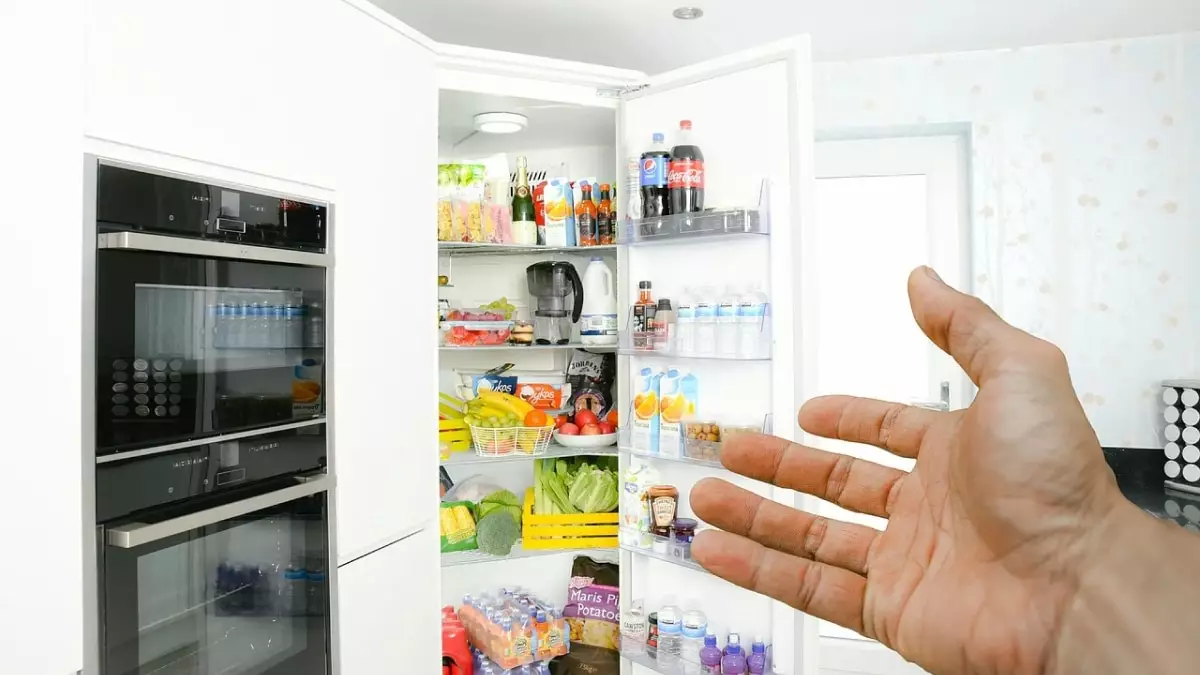As global temperatures rise and climate change becomes an undeniable reality, the search for sustainable technologies has intensified. Traditional refrigeration and air conditioning systems, which primarily depend on liquid-based refrigerants, play a significant role in increasing greenhouse gas emissions due to potential leaks. These emissions not only contribute to global warming but also exacerbate environmental degradation. It is imperative to seek alternative cooling mechanisms that can both meet our cooling needs and minimize ecological harm. Recent advancements in crystal-based technology present a promising avenue for mitigating the negative environmental impacts of conventional cooling systems.
Recent studies, particularly those conducted by researchers at Deakin University, have identified plastic crystals as a revolutionary option for sustainable cooling. These innovative materials possess a unique molecular architecture that enables them to switch states under pressure. When subjected to pressure, these crystals transition from a disordered to an ordered state—this transformation permits them to absorb heat effectively. Upon the release of pressure, the crystals revert to their original configuration, facilitating a cooling effect. This remarkable heat absorption capability offers a greener alternative to conventional refrigerants, aligning more closely with global sustainability goals.
One of the most appealing aspects of these plastic crystals is their operational temperature range, which spans from -37 to 10 degrees Celsius. This range is particularly relevant for everyday household refrigeration and freezing tasks, making this technology not only innovative but also practical for consumer use. Previous materials ideal for similar applications required high ambient temperatures to function effectively, limiting their usability. The newly developed plastic crystals hold great promise for widespread application in residential and commercial spaces, thus addressing the ever-growing demand for effective cooling systems that do not compromise environmental integrity.
Despite the optimism surrounding this new technology, significant challenges remain. A New Scientist report highlights the substantial high-pressure conditions needed for effective functioning, akin to those thousands of meters below sea level. These requirements present a critical barrier to practical implementation. Dr. Jenny Pringle, a prominent figure behind the research, has openly acknowledged the need for further exploration and development to overcome these challenges. Furthermore, experts like Bing Li of the Chinese Academy of Sciences have raised concerns regarding the long-term viability of heat absorption capabilities, citing potential molecular strain as a risk factor.
While the journey towards practical application is fraught with obstacles, the general sentiment within the scientific community remains positive. Collaborations among researchers globally are essential to refining this technology, with insights shared by experts like David Boldrin from the University of Glasgow emphasizing its substantial potential to decarbonize the cooling industry. The fact that this technology is still in the laboratory phase does not undermine its potential impact; continued research and innovation may very well lead to its successful integration into everyday applications.
Crystal-based technology provides a glimpse into a sustainable future for cooling systems. As researchers continue to tackle existing challenges, the hope is that this pioneering solution will soon transition from theoretical potential to practical reality, leading to a marked reduction in the environmental impacts of refrigeration systems worldwide.

Leave a Reply